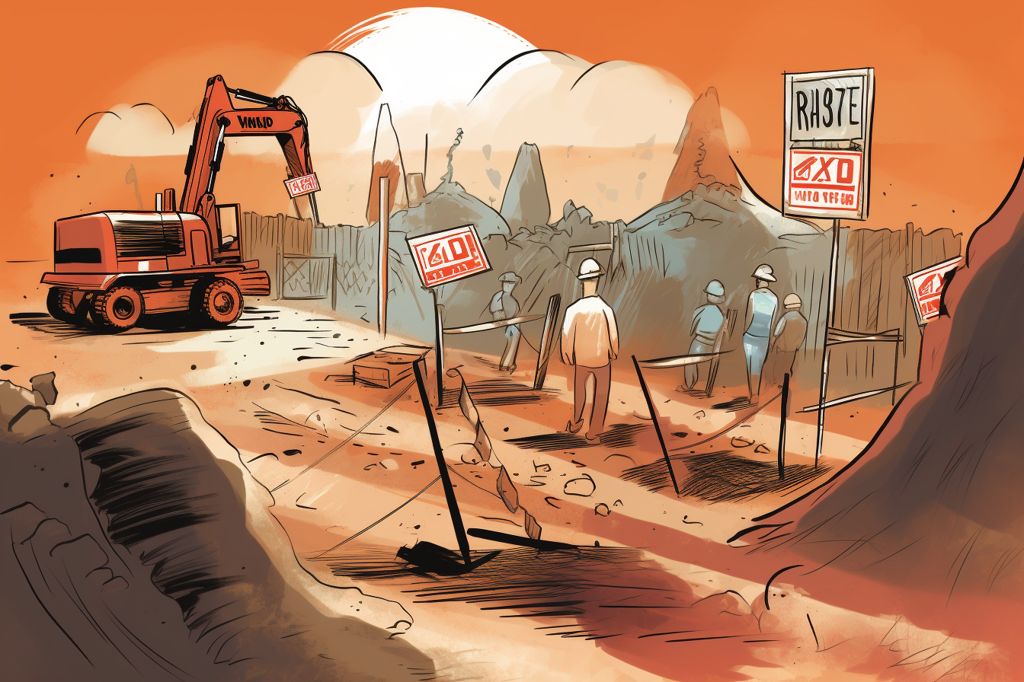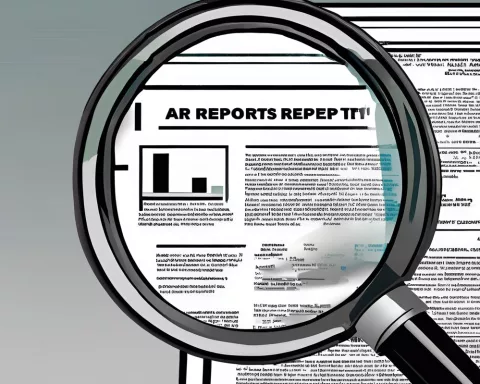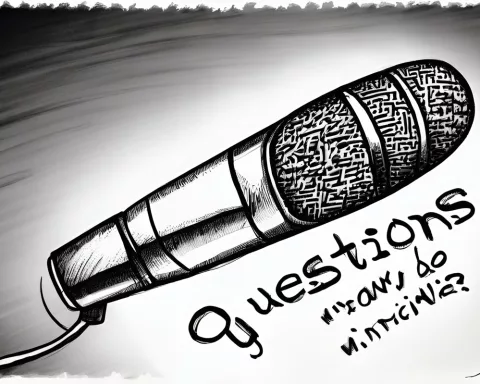Minister Sihle Zikalala, in his role as the Minister of Public Works and Infrastructure in South Africa, has taken a firm stance against corrupt practices in the construction industry. Zikalala is determined to promote accountability and efficiency in public infrastructure projects and put an end to contractors taking advantage of government-funded projects.
Consequences of Contractors’ Malpractices
During his visits to public works projects in Parys and Bloemfontein in the Free State Province, Zikalala witnessed the consequences of companies’ malpractices. These practices have led to missed deadlines, cost escalations, and incomplete work in projects such as the R232 million Correctional Service Centre in Parys and the Park Road Police Station in Bloemfontein.
Increasingly Common Pattern
Unscrupulous construction firms have become increasingly common in South Africa. These companies often claim liquidation and incapacity after receiving payment, leading to projects being handed over to another firm. This pattern causes more delays and ballooning costs, preventing timely delivery of essential public facilities.
Advocating Accountability and Consequence Management
Zikalala advocates for proper planning, monitoring, and consequence management to combat corruption in public infrastructure projects. He is dissatisfied with the current state of affairs, where projects started in 2017 remain incomplete in 2023. To prevent future business with the government, Zikalala calls for the blacklisting and prosecution of contractors who engage in corrupt practices.
Audit of Incomplete Projects
To regain confidence in other departments, Zikalala calls for an audit of all incomplete projects estimated to be worth billions of Rands. He wants the Department of Public Works and Infrastructure to disassociate itself from poorly performing companies.
Responsibility for Failings
MEC Mance echoes Zikalala’s sentiments, insisting that someone must take responsibility for these failings. The government’s reputation should not be tarnished by unscrupulous companies and individuals.
Future Plans to Combat Corruption
Zikalala plans to meet with the Infrastructure Built Environment Anti-Corruption Forum to assess the progress made in combating corruption and fraud within the construction and infrastructure sector. He underlines the importance of removing obstacles that prevent the country from becoming a “construction site.” These projects provide work opportunities, empower the youth with skills, and contribute to economic growth.
Minister Zikalala and his fellow officials’ commitment to addressing corruption in public infrastructure projects is a significant step towards ensuring accountability, transparency, and efficiency. Communities can expect better service delivery from their government, leading to a safer, more prosperous future for all.












